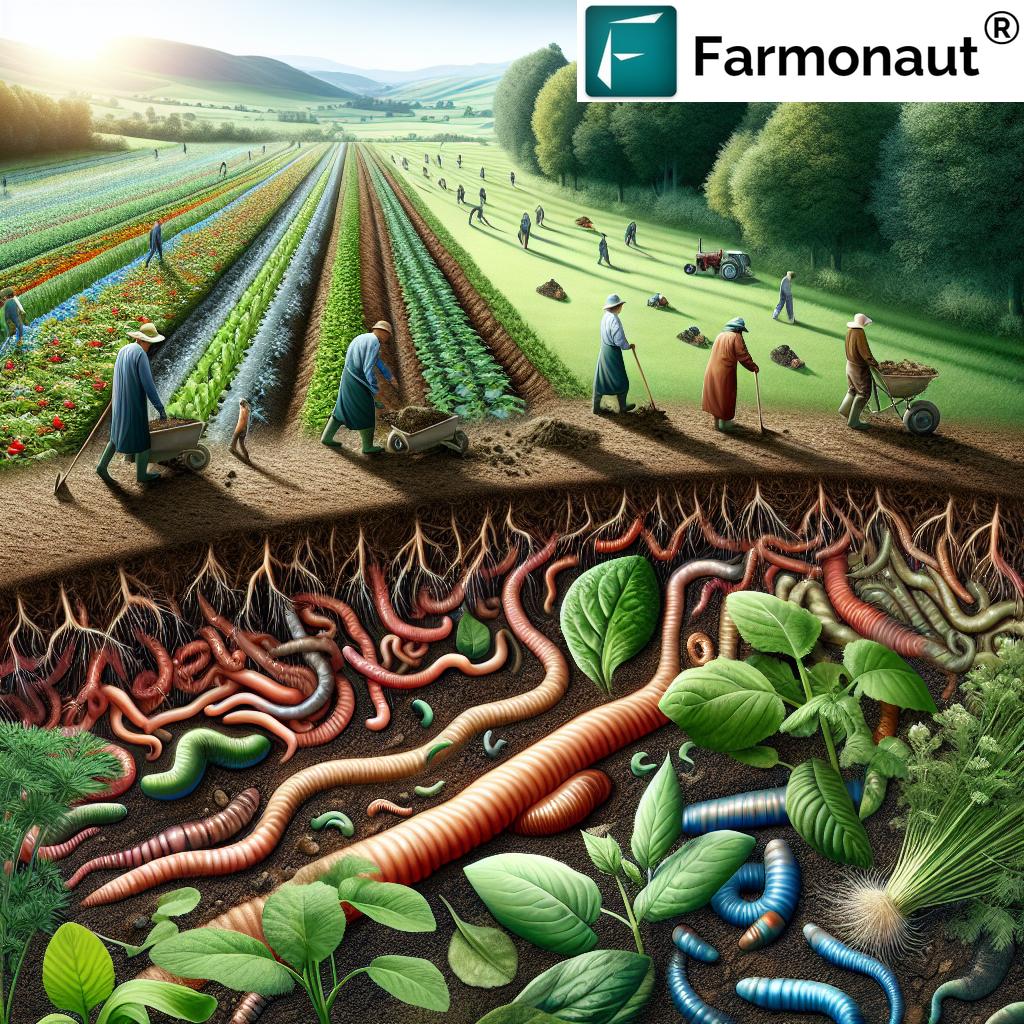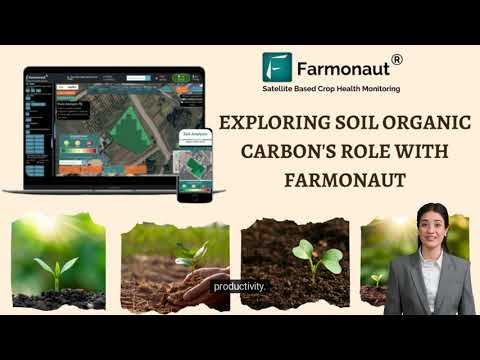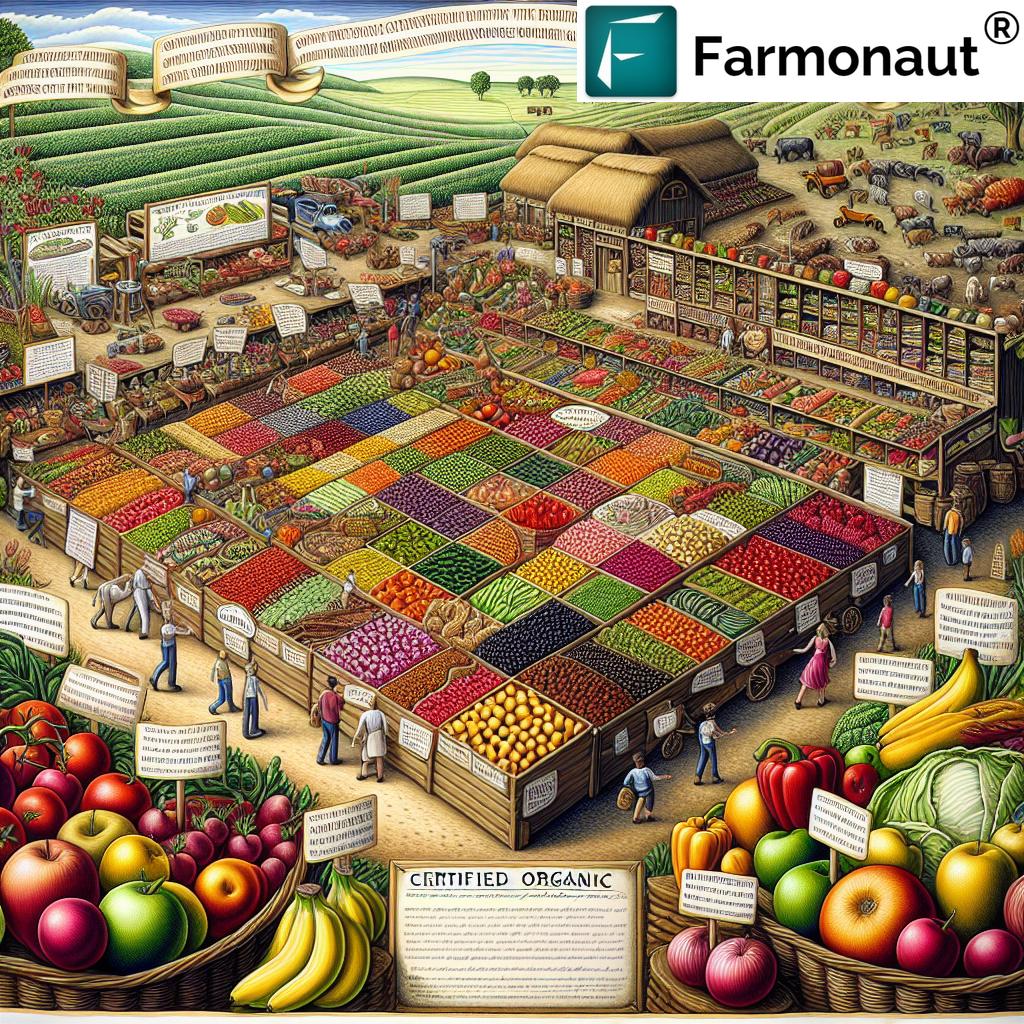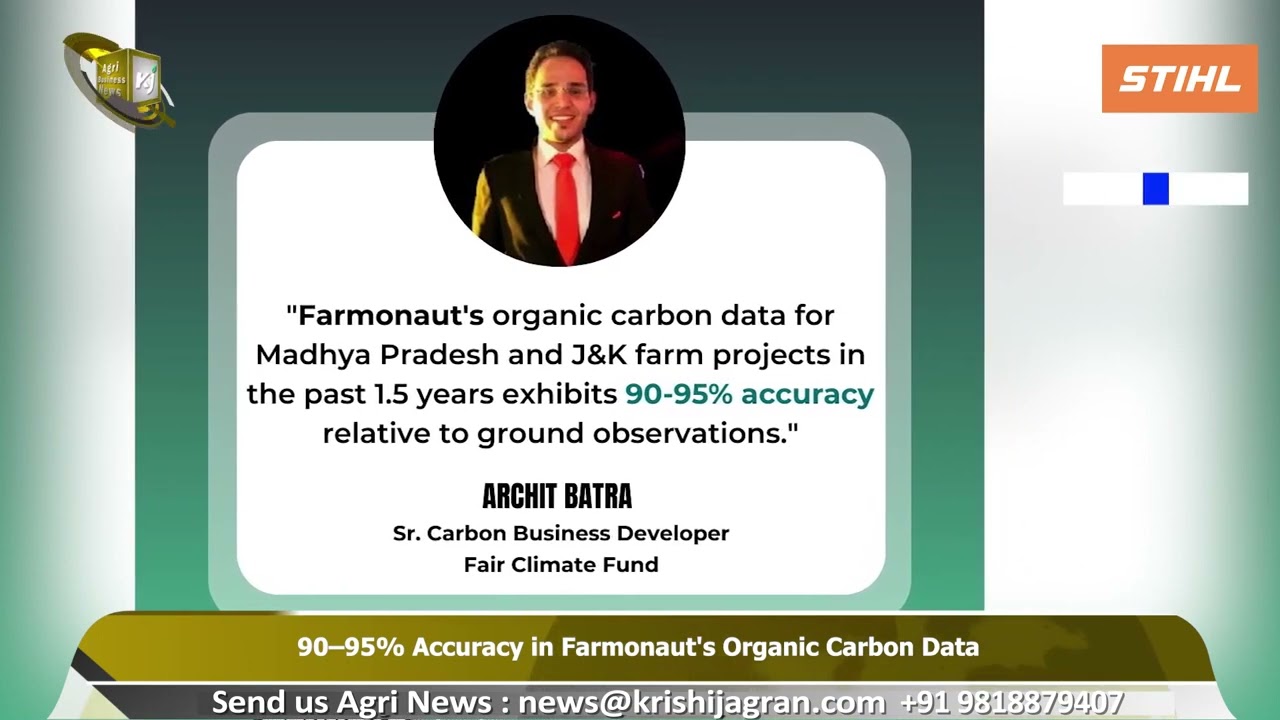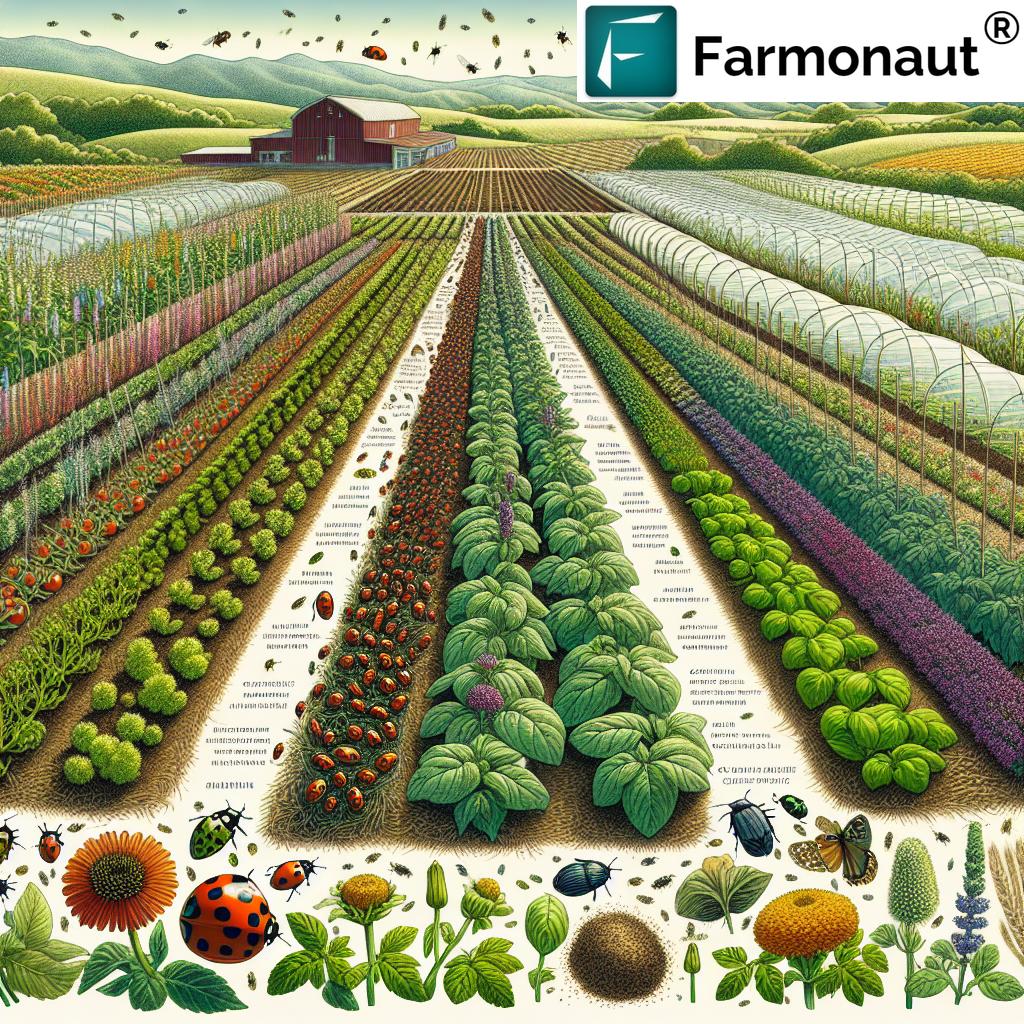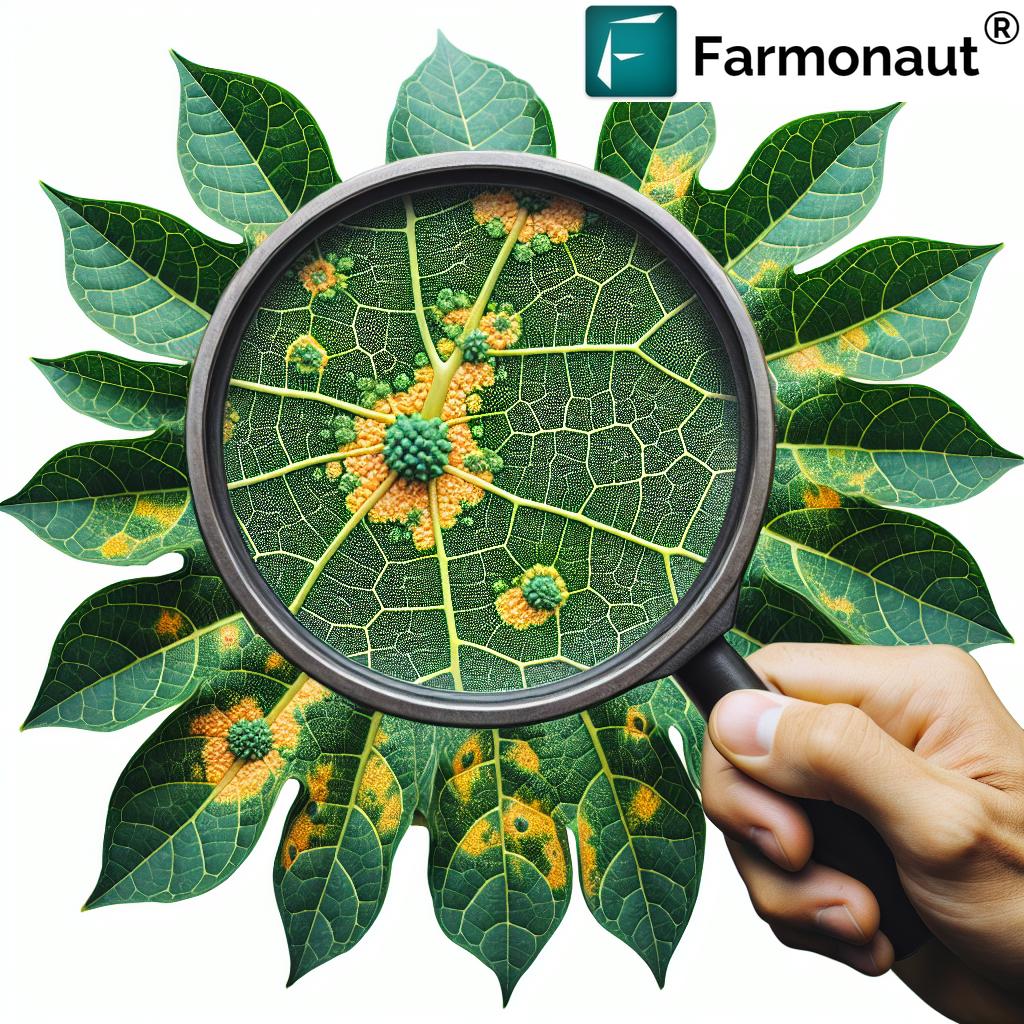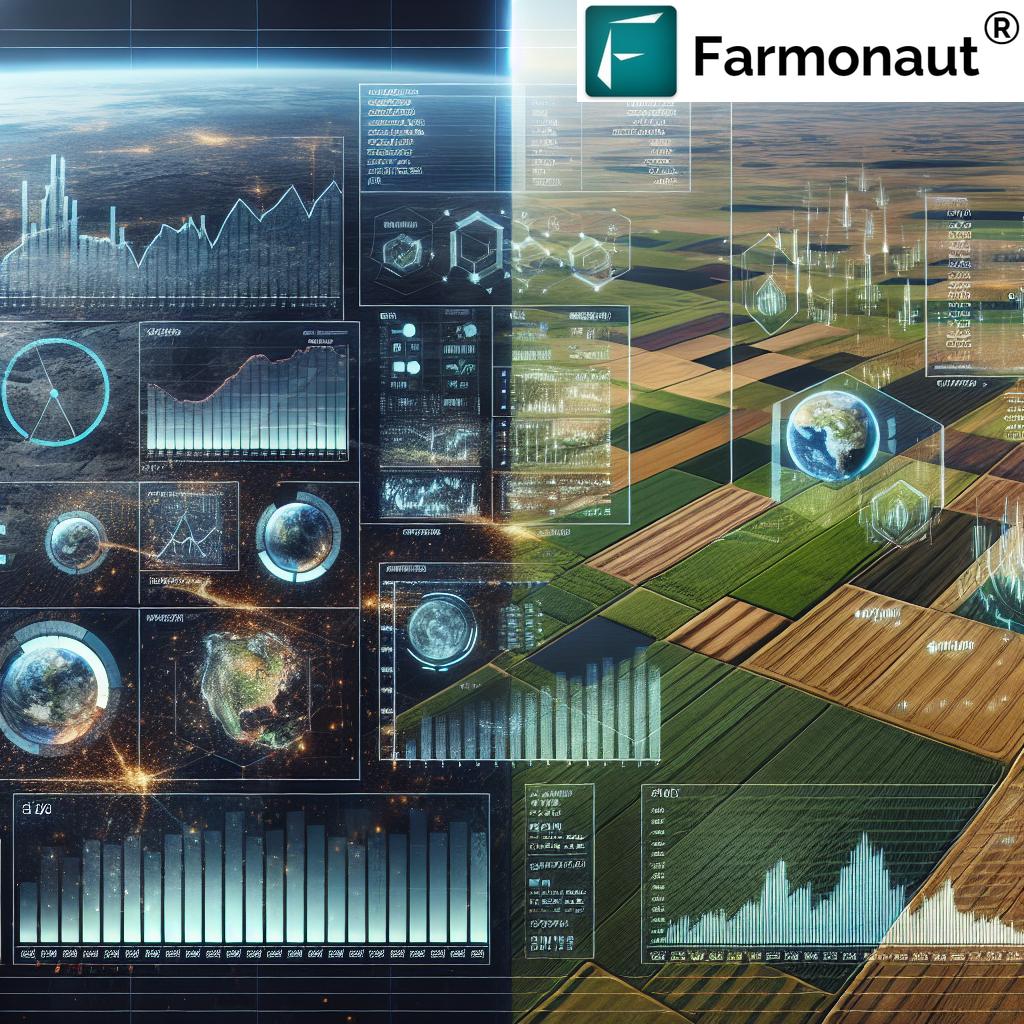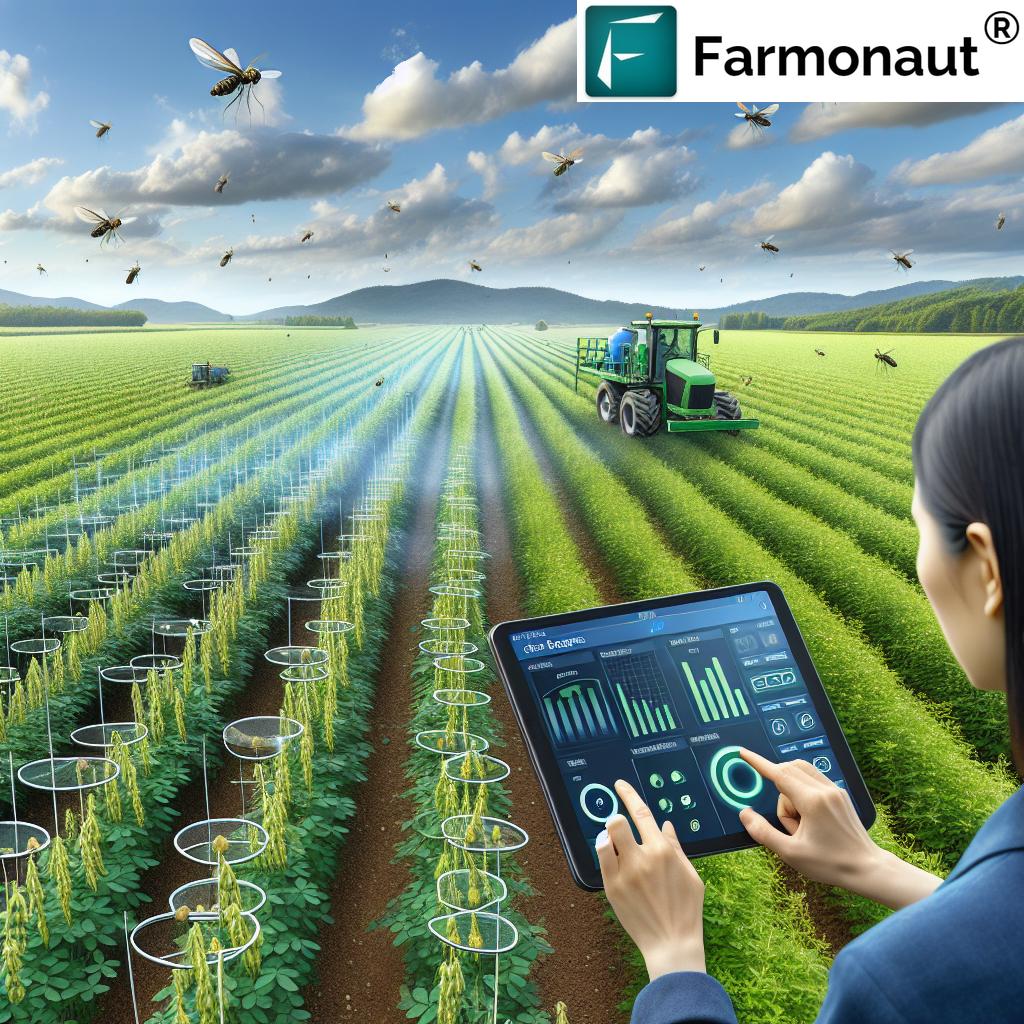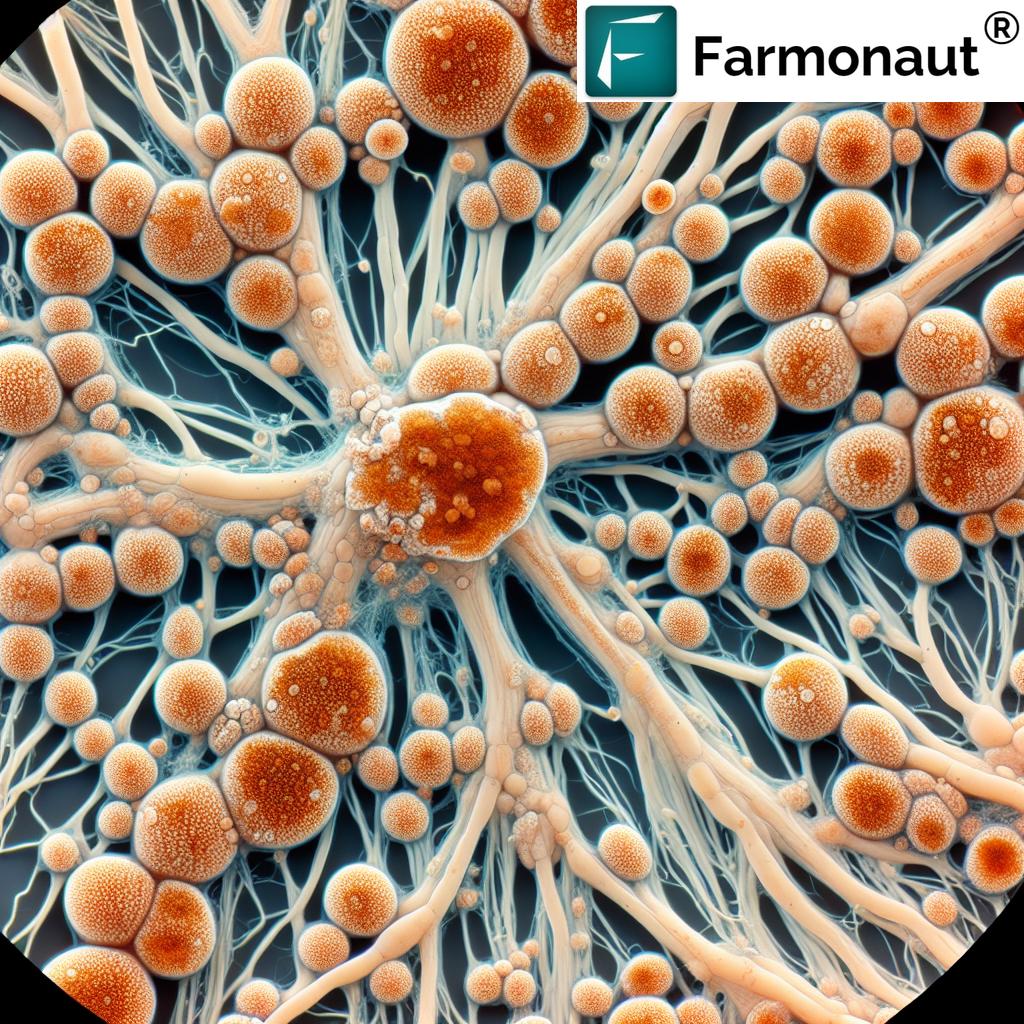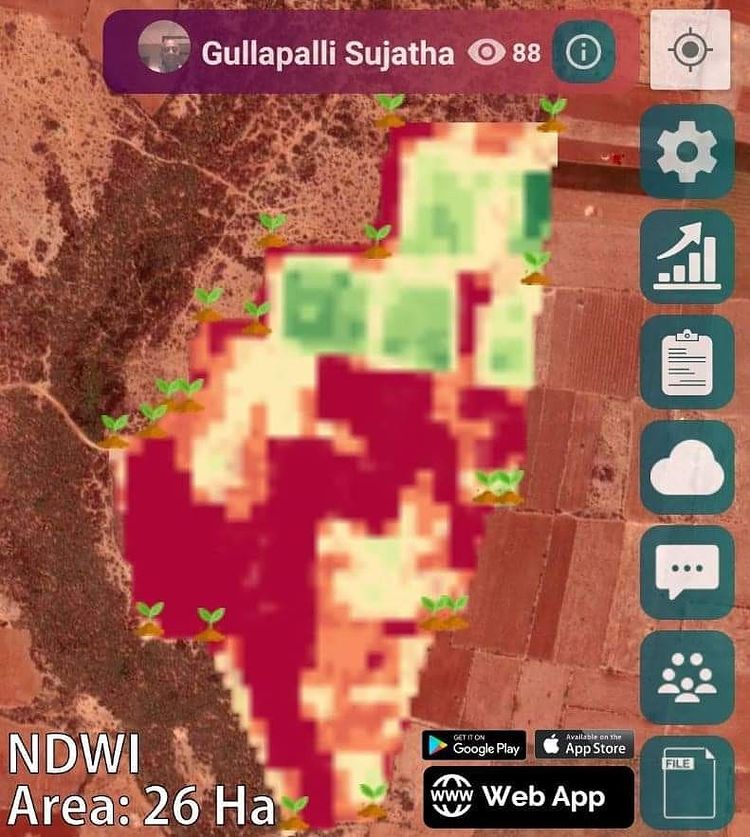Organic Agriculture: 7 Powerful Benefits for Soil and Health
“Organic farms can increase soil organic matter by up to 21% compared to conventional farms.”
As environmental concerns and the demand for healthier food intensify globally, interest in organic agriculture continues to surge. This farming system emphasizes the use of natural processes and sustainable practices to enhance soil health, promote biodiversity, and deliver high-quality, safer food. Unlike conventional practices that rely on synthetic fertilizers and pesticides, organic agriculture seeks a harmonious balance with nature, benefiting not only the soil and environment but our health and communities as well.
What is Organic Agriculture?
Organic agriculture is a holistic system designed to optimize the health of soil, plants, animals, and humans. By avoiding synthetic fertilizers, pesticides, and genetically modified organisms (GMOs), organic farming emphasizes the use of natural processes and materials to cultivate crops and raise livestock.
- Enriches soils through composting and crop rotation
- Promotes natural pest control in agriculture
- Maintains ecological balance and nurtures biodiversity
- Supports animal welfare and sustainable livelihoods
- Offers chemical-free, sustainably grown food products for consumers
In essence, organic farming is about working with nature, fostering environmental, social, and economic sustainability in our food system.
Historical Background: Roots of the Organic Movement
The origins of organic agriculture reach back to the early 20th century, evolving as a response to the rapid industrialization of large-scale farming and growing environmental and health concerns.
Pioneers such as Sir Albert Howard and Rudolf Steiner were among the first to advocate for farming methods based on:
- Harmony with nature and respect for natural processes
- Soil fertility and the activity of beneficial organisms
- Preserving ecological balance and plants-animal-soil-human interrelationships
Organic farming quickly attracted global recognition, and as of today, these principles are implemented in 188 countries, covering approximately 96 million hectares of land and involving over 4.5 million farmers worldwide. This movement continues to expand as societies seek more sustainable and resilient food systems.
“Biodiversity on organic farms is typically 30% higher than on conventional agricultural lands.”
Core Principles and Sustainable Practices in Organic Agriculture
Organic agriculture is guided by a set of core principles designed to sustain our planet, environment, and food system:
Health
Our goal is to enhance the health of soil, plants, animals, and humans by minimizing synthetic inputs, supporting natural cycles, and delivering nutritious food products.
Ecology
By working with natural systems, respecting ecological cycles, and promoting biodiversity, we foster resilience and sustainability in farming.
Fairness
We believe in fairness—toward the land, the people who farm it, society at large, and future generations who will inherit these resources.
Care
Responsible stewardship is essential. We exercise caution, avoiding harmful chemicals and supporting long-term environmental balance and food safety.
Sustainable Farming Practices in Organic Agriculture
- Soil Management: Enhancing soil fertility through composting, cover cropping, and reduced tillage, supporting beneficial organisms and organic soil health.
- Organic Crop Rotation: Regularly alternating crops to disrupt pest cycles and naturally replenish soil nutrients.
- Natural Pest Control in Agriculture: Using biological controls, diverse planting, and habitat creation to manage pests—without synthetic pesticides.
- Animal Welfare: Ensuring ethical treatment of animals with access to outdoors, organic feed, and the absence of antibiotics or growth hormones.
- Pollution Reduction: Avoiding synthetic inputs and maintaining natural balance reduces pollution and supports surrounding ecosystems.
Comparison Table: Organic vs Conventional Farming
| Parameter | Organic Agriculture (Estimated Value/Effect) |
Conventional Agriculture (Estimated Value/Effect) |
|---|---|---|
| Soil Organic Matter (%) | 3.5-4.2% | 2.5-3.1% |
| Pesticide Residue (mg/kg) | <0.01 | 0.15-0.23 |
| Biodiversity Index (Score) | High (average +30%) | Moderate-Low |
| Water Retention Capability (%) | 60-75% | 45-60% |
| Yield (tonnes/hectare, estimated) | 2.2-2.8 | 2.8-3.5 |
| Carbon Footprint (kg CO2e/hectare) | 1,400-1,980 | 2,200-2,800 |
| Nutrient Density (index/mg/100g, estimated) | Higher in antioxidants & omega-3s | Standard |
This table underscores why more consumers and farmers are considering a transition to organic farming for a healthier and more sustainable future.
Organic Agriculture Benefits: 7 Powerful Reasons for Soil and Health
Let us explore the seven most powerful benefits that make organic agriculture a truly sustainable and healthy alternative to conventional farming:
1. Enhances Soil Health and Fertility
- Organic soil health is at the core of this farming system. Through organic composting, cover cropping, and minimal tillage, we support the growth of beneficial organisms such as earthworms, bacteria, and fungi.
- These practices increase soil organic matter, improve soil structure, and facilitate water retention, oxygen flow, and root development.
- Healthy soils reduce the need for synthetic fertilizers and act as a carbon sink, supporting both productivity and climate goals.
2. Promotes Biodiversity
- Biodiversity is essential for resilient, productive farms. Organic farms typically host 30% more species—including plants, pollinators, beneficial insects, birds, and soil microorganisms—than conventional farms.
- By avoiding synthetic pesticides and promoting natural pest control in agriculture, we foster rich food webs and ecological balance within and beyond our fields.
3. Improves Water Quality and Retention
- Organic agriculture benefits water systems by avoiding synthetic chemicals, which commonly pollute rivers and groundwater.
- Organic soils have higher water-holding capacity, reducing runoff and soil erosion, and ensuring crops survive extended dry spells.
4. Reduces Pollution and Mitigates Climate Change
- We help mitigate climate change by avoiding synthetic fertilizer use—significantly cutting down greenhouse gas emissions.
- Composting and increased organic matter support soil carbon sequestration, making agricultural land a key player in the fight against climate change.
- Farmonaut’s carbon footprinting solution empowers farmers to track and reduce environmental impact, ensuring our agriculture is genuinely climate-smart.
5. Supports Human Health and Nutrition
- Organic produce is cultivated without synthetic pesticide residues—lowering exposure to harmful chemicals and safeguarding human health, especially for children and vulnerable populations.
- Clinical studies suggest that organic fruits, vegetables, and animal products may contain higher nutrient and antioxidant levels, supporting overall health.
- The organic certification process ensures transparency, safety, and consumer trust in our food.
- Blockchain-based product traceability by Farmonaut enables consumers to verify origin, authenticity, and journey of their organic food.
6. Upholds Animal Welfare
-
Organic farming upholds strict rules for animal welfare, including:
- Access to the outdoors & natural behaviors
- Organic feed
- No antibiotics or growth hormones
- This approach honors animal dignity and yields healthier products for consumers.
7. Offers Economic and Social Benefits
- With growing market demand for organic products, farmers gain access to premium markets and higher prices, improving profitability.
- Organic farms play an active role in their communities—selling directly to consumers through farmers’ markets and Community Supported Agriculture (CSA), generating employment, and fostering trust.
- Farmonaut’s Agro Admin App supports large-scale organic farm and plantation management—empowering agribusinesses with real-time insights and fleet/resource management for optimized operations.
- Real-time satellite-based crop & soil health monitoring
- API access for integrating insights into your farm or agribusiness (
API Details,
Developer Docs) - Crop advisory, weather tools, and carbon footprint tracking for sustainability
- Blockchain-based traceability for market transparency and food trust (Learn More)
- Customized solutions for crop loans & insurance (Reduce risk and access financing)
Environmental Benefits of Organic Farming
Environmental benefits of organic farming are profound and far-reaching:
- Reduces agricultural runoff and pollution of water bodies, safeguarding aquatic life
- Maintains and improves soil structure, allowing soils to regenerate naturally
- Promotes ecological balance by supporting diverse plant and animal species
- Mitigates climate change through carbon sequestration & lower greenhouse gas emissions
- Protects pollinators by eliminating hazardous pesticides
- Uses renewable resources and low-impact farming practices
Adopting organic farming practices helps us move toward a sustainable future, making agriculture a vital solution—rather than a contributor—to global environmental concerns.
How Farmonaut Empowers Farmers with Precision and Sustainability
At Farmonaut, our mission is to make precision agriculture affordable and accessible for farmers worldwide. By integrating satellite-based crop health monitoring, AI-based advisory systems, and blockchain-powered supply chain tools into traditional organic farming practices, we ensure:
- Optimized soil and crop management: Real-time data on crop health, soil moisture, and weather enables farmers to fine-tune irrigation, fertilizer use, and pest control, resulting in higher yields and lower costs.
- Transparency and trust: Blockchain-based solutions from Farmonaut provide traceability, giving markets and consumers absolute confidence in the integrity of their organic produce.
- Reduced environmental impact: Satellite imagery and analytics allow farmers to track, document, and reduce their carbon footprint—crucial for sustainability and compliance.
Our flexible web, Android, and iOS platforms ensure seamless integration for individual farmers, agribusinesses, government programs, and NGOs.
Try Farmonaut today to empower your organic agriculture journey.
Challenges and Considerations in Organic Agriculture
While the benefits of organic agriculture are significant, transitioning from conventional systems is not without its challenges. These include:
- Transition Period: The transition to organic farming requires a “conversion” phase—usually three years—where farms must follow strict guidelines before achieving full organic status. This period can be financially taxing as yields may dip and certification costs accrue.
- Yield Variability: Organic farms may initially experience lower yields compared to conventional ones, particularly in the early years as soils rebuild fertility.
- Certification Costs & Market Access: The organic certification process involves documentation, audits, and compliance fees. Access to premium markets may also be limited until certification is finalized.
- Knowledge & Resources: Organic farming requires specialized knowledge of natural pest control, crop rotation planning, and soil management, often necessitating training and advisory support.
Despite these hurdles, with the support of modern agricultural technologies like those from Farmonaut, farmers can better manage resource allocation, monitor transition compliance, and access valuable data to optimize their move towards sustainable, organic agriculture.
Frequently Asked Questions (FAQ)
What is the main focus of organic agriculture?
Organic agriculture focuses on enhancing soil health, promoting biodiversity, and producing food using natural processes, without synthetic fertilizers, pesticides, or GMOs.
How does organic farming differ from conventional farming?
Organic vs conventional farming: Organic relies on natural materials and practices, fosters soil fertility and ecological balance, and prohibits synthetic chemicals. Conventional farming often uses synthetic inputs for immediate productivity but can harm soil and biodiversity over time.
Does organic produce have higher nutritional value?
Some studies indicate organic produce may have higher antioxidant and key nutrient content due to healthier soil and natural growth processes.
Is the organic certification process challenging?
The organic certification process involves on-farm changes, audit documentation, and costs, but ensures consumers receive authentic, safe organic products.
How can Farmonaut help organic farmers?
Farmonaut provides precision satellite monitoring, resource tracking, carbon footprint solutions, and blockchain traceability—helping organic farmers maximize sustainability, efficiency, and market trust.
Is organic farming profitable?
Despite often lower yields, premium market prices and reduced input costs can make organic farming more profitable, especially as global demand rises.
Where can I get Farmonaut’s apps?
Download Farmonaut on Web, Android, or iOS.
Conclusion: The Future of Sustainable Farming
Organic agriculture embodies a holistic, resilient, and regenerative approach to food production. Its commitment to natural processes and sustainable farming practices leads to manifold benefits: enriching soil health, protecting biodiversity, supporting clean water, reducing pollution, improving nutrition, and strengthening local communities and economies.
As the demand for healthy, trustworthy organic products continues to grow worldwide, tools like those from Farmonaut will be instrumental in making organic transitions easier, more profitable, and environmentally sound. By embracing precision technology alongside age-old organic principles, we can secure a more sustainable food future for all.
Let us unite in promoting organic agriculture—for our soil, our health, and generations to come.





